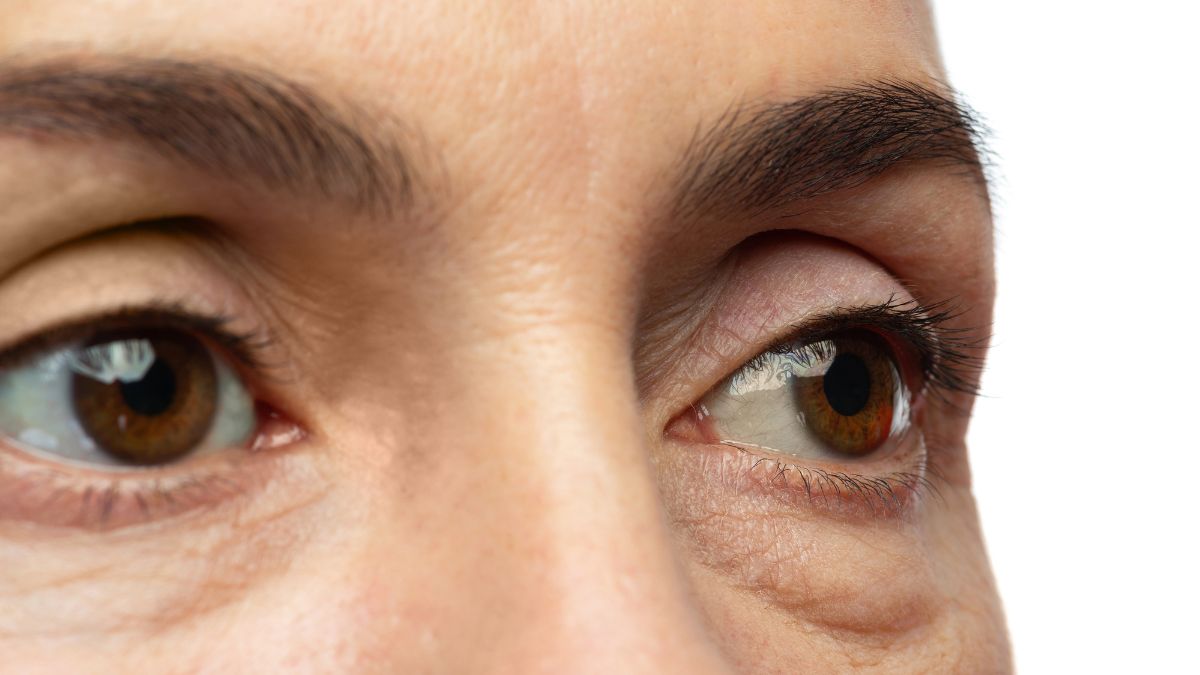- By Bornika Das
- Tue, 04 Nov 2025 04:22 PM (IST)
- Source:JND
Kidneys are considered multitaskers as they filter waste, balance electrolytes and also keep the blood pressure in check. Yet, they rarely complain until the damage is deep. Kidney diseases are regarded as "silent killers" because they almost quietly progress over many years before symptoms start to appear; often, the damage is already significant and, unfortunately, irreversible when filtering cells or nephrons are permanently destroyed. Kidney damage often hides behind small symptoms that can easily be mistaken for fatigue or dehydration, and if detected early, can slow the damage being caused.
The most common causes of silent kidney damage include high blood pressure, diabetes, family history, obesity, excessive use of painkillers, and lifestyle factors like smoking and alcohol abuse. Silent symptoms such as persistent fatigue, changes in urination, swelling of the feet or face, poor appetite, nausea, shortness of breath, and dry, itchy skin may indicate that your kidneys are not functioning optimally. In conversation with The Daily Jagran, Dr Vaibhav Gupta, Consultant – Nephrology, Manipal Hospital, Jaipur, shares silent symptoms that warn that the kidneys need help while focusing on timely intervention and preventing severe complications.
Indicators For Kidney Damage
Recognising early clues can make all the difference between reversible damage and chronic disease. Here are some red flags that need to be watched out:
Urine Differences: Noticeable changes in how often or how little you urinate could signal that your kidneys are struggling. Foamy urine may indicate protein leakage. Blood in the urine is also an early warning sign of kidney damage.
ALSO READ: Kidney Disease Symptoms Women Shouldn’t Ignore: Doctor Shares Early Warning Signs
Swelling: Fluid buildup in the feet, ankles, or face causes swelling that happens when the kidneys can’t eliminate waste properly.
Weakness: Toxins accumulating in your blood can leave a person with constant tiredness and fatigue.
High Blood Pressure: Rise of blood pressure is due to stress in the kidneys and is a subtle but important indicator of something serious.
Morning Puffiness: If the eyes are getting swollen in the morning unusually, it might not be a good sign.
Low Haemoglobin: Unexpected fatigue and tiredness can be due to low haemoglobin, which may be caused by kidney disease.

Early Signs Of Kidney Damage (Image Credits: Canva)
Precautions To Be Taken
Early intervention can stop progression and restore kidney function. Some of the precautionary steps that are to be followed are:
Proper Water Intake: Stay hydrated but avoid overconsumption, as too much water can strain the kidneys in the long run.
Control Sugar Levels: Diabetes and sugar levels should be checked and maintained regularly through medications and diet.
Reduce Salt Intake: Limit salt and processed foods in the regular diet as they increase the workload of the kidneys.
Limit Drug Intake: Avoid overuse of painkillers (NSAIDs) and other supplements that may harm the kidneys.
ALSO READ: Doctor Explains How Painkiller Habits Can Cause Damage To Your Kidneys
Treatment options: Depending on the stage, doctors may suggest lifestyle modification and medications. Supportive therapies like dialysis or renal replacement are performed in advanced cases.
Weight control: Regular physical activity and weight control help to prevent kidney disease.
It is true that kidney disease doesn’t happen overnight and creeps in quietly. The key lies in listening to your body’s subtle signals and acting early. With awareness, discipline, and timely medical care, you can give your kidneys a fighting chance as well as your health; kidney damage can be reversed.





